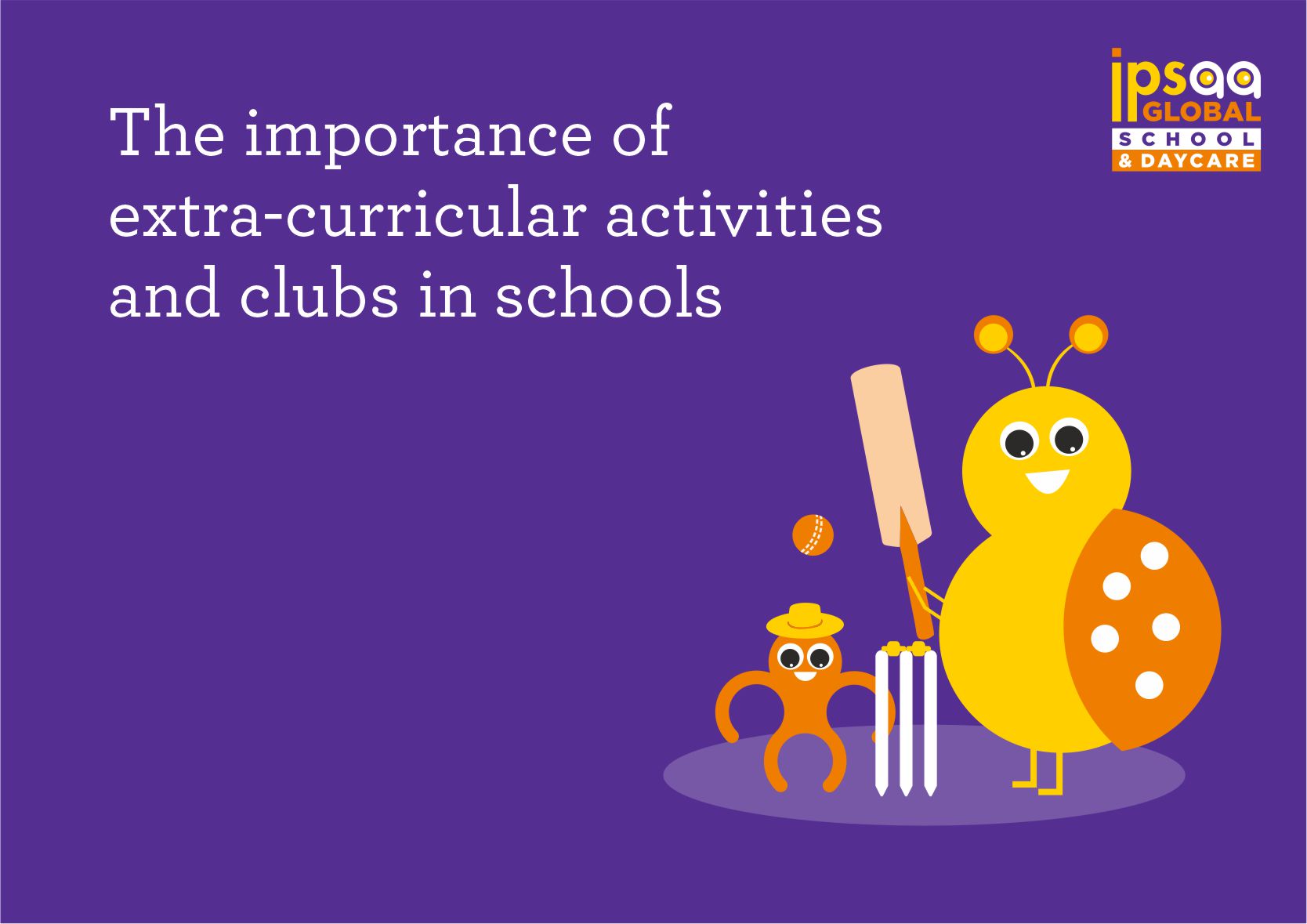Extra-curricular activities and clubs are an essential part of the school experience. They offer a wide range of opportunities for Children to pursue their interests, develop new skills, and make connections with their peers.
Types of Clubs in Schools
-
Sports Clubs
Sports clubs are a popular extra-curricular activity in many schools. These clubs offer opportunities for students to participate in team sports such as football, basketball, or volleyball. Participating in sports clubs can help students develop teamwork, communication, and leadership skills. It can also improve their physical fitness and well-being. Being part of a sports team can also provide a sense of community and pride, and can lead to increased school spirit.
-
Academic Clubs
Academic clubs offer opportunities for students to explore and deepen their knowledge in specific academic subjects. These clubs can range from science and math clubs to debate clubs and language clubs. Participating in academic clubs can help students build critical thinking, problem-solving, and research skills. These clubs also offer opportunities for students to meet like-minded peers and build connections with teachers who share their interests.
-
Performing Arts Clubs
Performing arts clubs include drama, music, and dance clubs. Participating in these clubs can help students develop creative expression, stage presence, and public speaking skills. They can also help students build self-confidence and self-esteem. Being part of a performing arts club can be a fulfilling experience that provides a sense of accomplishment and pride.
-
Social Clubs
Social clubs are extra-curricular activities that focus on building social connections and promoting social interaction. Examples of social clubs include book clubs, gaming clubs, and community service clubs. Participating in social clubs can help students develop communication, empathy, and leadership skills. It can also provide opportunities for students to meet new people and build relationships.
-
Special Interest Clubs
Special interest clubs are extra-curricular activities that focus on specific hobbies or interests. Examples of special interest clubs include photography clubs, coding clubs, and cooking clubs. Participating in these clubs can help students build skills in a specific area of interest. It can also provide opportunities for students to meet like-minded peers and build connections with professionals in the field.
Why schools prioritize extra-curricular activities and clubs
-
Building a well-rounded education
Extra-curricular activities and clubs provide opportunities for students to explore and develop skills that are not covered in traditional academic curriculums. They allow students to pursue their passions and interests, which can help build a well-rounded education. Participating in clubs can also expose students to new experiences, cultures, and perspectives, which can broaden their knowledge and understanding.
-
Developing important life skills
Clubs provide an excellent opportunity for students to develop important life skills that are not covered in academic subjects. For example, participating in sports teams can teach students teamwork and communication skills, while drama clubs can teach them public speaking and performance skills. These skills can be useful in various areas of life, including personal relationships, future careers, and community involvement.
-
Fostering social connections
It also provides opportunities for students to connect with peers who share similar interests and passions. This can help students form lasting friendships, build a sense of community, and develop social skills. Students who feel connected to their school community are more likely to be engaged and motivated, which can lead to improved academic performance and overall well-being.
-
Promoting physical and mental health
Participating in extra-curricular activities and clubs can also promote physical and mental health. For example, sports teams can help students maintain physical fitness, while music or art clubs can provide a creative outlet for self-expression. Clubs and activities can also help reduce stress and improve overall mental health by providing a break from academic pressures.
-
Creating a sense of community
It can help create a sense of community within the school. When students come together for a common purpose or interest, they form bonds that can help create a positive school environment. This can lead to a more supportive and inclusive school culture, where students feel valued and respected.
-
Developing leadership skills
They can provide opportunities for students to develop leadership skills. For example, students who take on leadership roles in a club or activity can develop skills in decision-making, delegation, and organization. These skills can be valuable in future careers and can help students become more confident and independent.
-
Giving back to the community
It can provide opportunities for students to give back to their community. For example, volunteering in a community service club can help students develop empathy, compassion, and a sense of social responsibility. These values are essential for creating a positive and inclusive school culture.
Extra-curricular activities play a crucial role in the development of students. They offer opportunities for students to explore their interests, develop new skills, and make connections with their peers. These clubs can provide a sense of community and pride and can lead to increased school spirit. Therefore, schools should prioritize the availability of extra-curricular activities and clubs and ensure that all students have access to a variety of clubs and activities that meet their interests and needs.


Leave a Reply